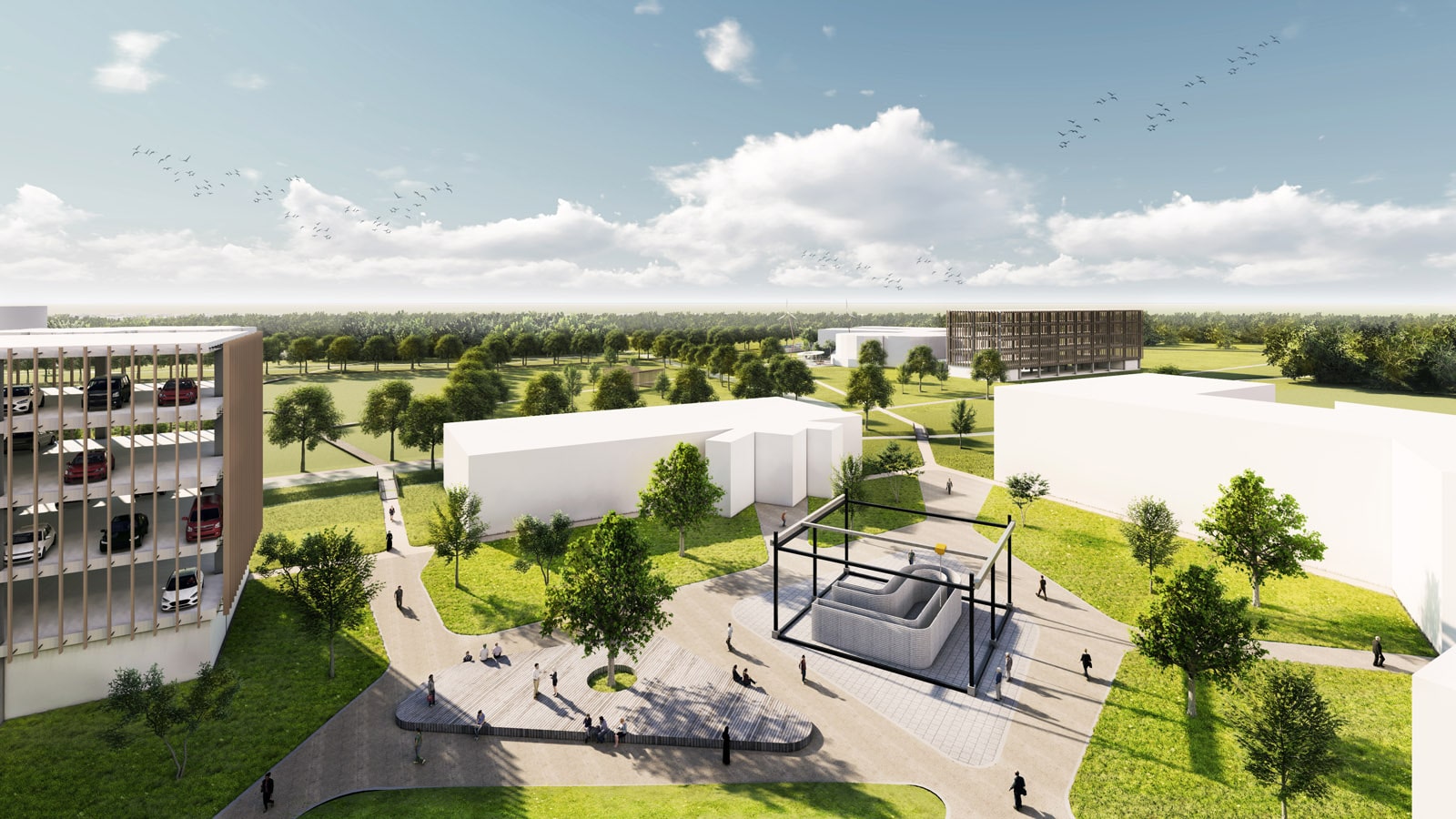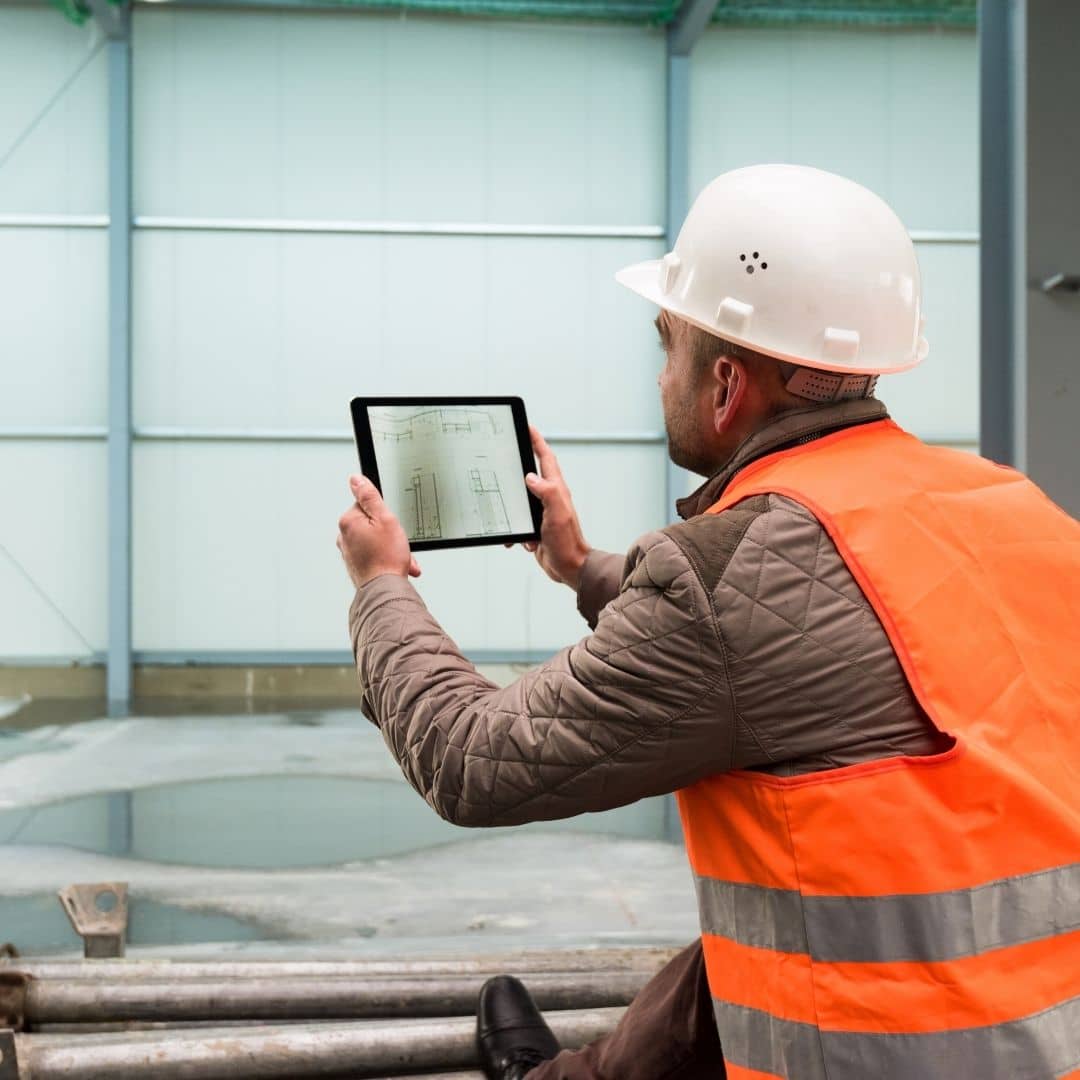
Circular construction
Construction is one of the most polluting sectors. In 2019, the construction sector in Europe was responsible for 40% of CO2 emissions, 50% of energy consumption, and 33% of all water consumption. High time to change this.
The key to success: transform the construction sector into a more circular and sustainable economy. The ultimate goal of such a circular economy is to unlock the cycles of raw materials and materials. And significantly reduce the impact on the climate in doing so.
A clearly defined definition of circular construction is important. Although there are many definitions of circular construction, we prefer the definition of Vlaanderen Circulair, OVAM, and the Vlaamse Confederatie Bouw:
“Circular construction is applying circular principles within the construction sector, such as the circular use of materials with maximum value retention, closing cycles, circular operation and maintenance, service life extension, and optimal use of space.”
Moreover, the evolution towards a circular construction sector is happening from different angles:
- architectural
- structural
- economical
- legal
What do we want to move towards?
Circular construction is not the new normal by far. Fortunately, many ingredients for the recipe of success are already in place.
For example, a leading and circular Construction Campus strengthens Limburg’s position as a frontrunner for circular construction in the wider region. And it does this by the number of construction projects, innovations, and collaborations.
Our mission is to further encourage circular and sustainable construction. We do this by facilitating multidisciplinary research and development across the entire construction chain, so we can avoid wasting energy, materials, and capital.
How do we want to achieve this?
We are committed to inspiration, expertise, and innovation for the years to come. To this end, we are drawing up three routes with specific objectives.
Inspiration route:
- We inspire companies, regional governments, knowledge institutions, and other parties to take action on circular construction.
- We feature visionary speakers and prominent experts, as well as local businesses.
- We connect businesses, governments, experts, and knowledge institutions during network events and matchmaking events.
Expertise route:
- We encourage research and organise training.
- We help organisation looking for good advice and we put them in touch with experts and specialists.
Innovation route:
- Circular construction is complex and involves several principles. We put companies with an innovation issue or a specific case in touch with experts and/or knowledge institutions.
- We engage in co-creation to find answers, tools, and best practices. We start projects that leverage the entire sector. These projects can eliminate bottlenecks and have a solid impact on the transformation.



